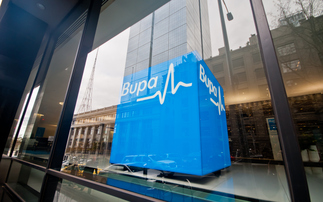Changes to health and welfare insurance in Scotland have been recommended by a think-tank following Scotland's No Vote in yesterday's referendum.
A new national health insurance system which would allow those dissatisfied with NHS services in Scotland to go elsewhere for their health needs is one of the "magnificent seven" proposals put forward by the Institute for Economic Affairs (IEA).
The IEA has also recommended that "in work welfare provision", be expanded to encourage fewer people to live on state welfare, and encourage greater localism in provision. According to the IEA such a plan "would be revitalising the great Scottish tradition of independent welfare institutions."
Scotland's NHS is already controlled by the Scottish parliament as it is a devolved part of government, whilst benefits are currently reserved to the British Parliament's authority.
Following the referendum results yesterday there is currently speculation on which further powers will be devolved to the Scottish government in Holyrood.
Shortly before the referendum the BBC was leaked a document revealing that the NHS in Scotland is potentially facing a funding shortfall of £400 million.
Mark Littlewood, director general of the Institute of Economic Affairs, said: "Throughout this referendum campaign, we have been reminded that Scotland is the home of Adam Smith, the brilliant, pioneering free-market economist. Scotland must now demand wide-ranging new powers. If they are then exercised intelligently, Scotland can expect to leap ahead of other western European nations. By rediscovering its historical entrepreneurial spirit, Scotland can be confident that it has a truly amazing future ahead of it."











